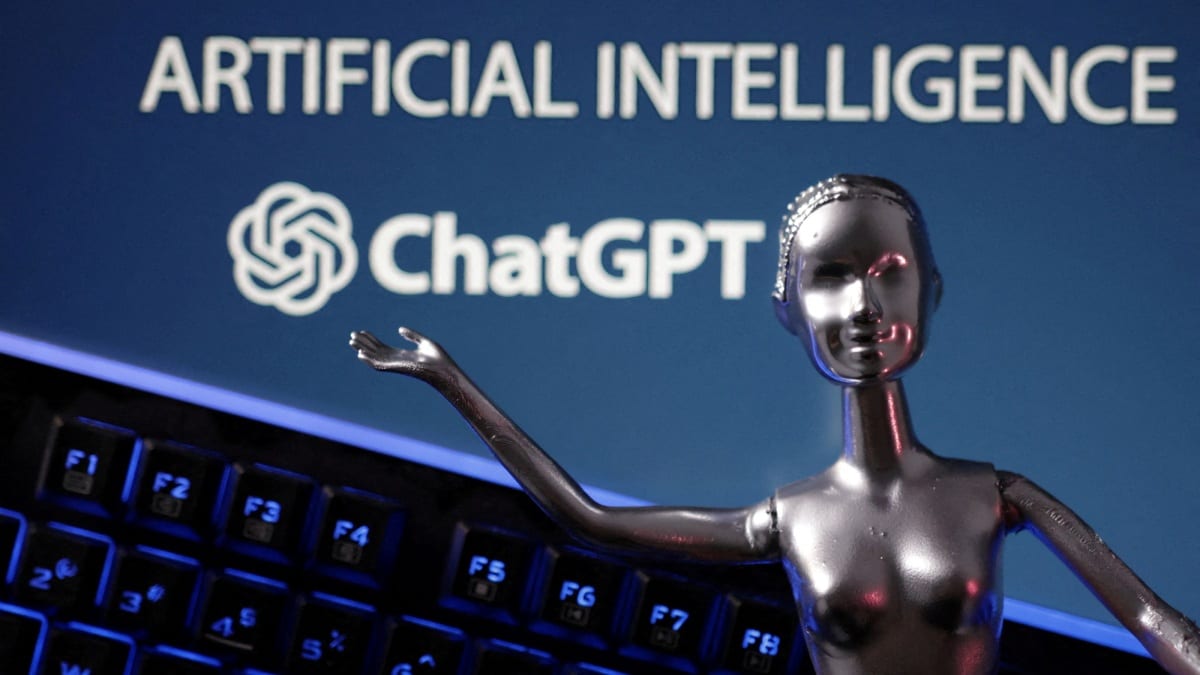
The proposed EU Artificial Intelligence legislation would jeopardise Europe’s competitiveness and technological sovereignty, according to an open letter signed by more than 160 executives at companies ranging from Renault to Meta.
EU lawmakers agreed to a set of draft rules this month where systems like ChatGPT would have to disclose AI-generated content, help distinguish so-called deep-fake images from real ones and ensure safeguards against illegal content.
Since ChatGPT became popular, several open letters have been issued calling for regulation of AI and raising the “risk of extinction from AI.”
Signatories of previous letters included Elon Musk, OpenAI CEO Sam Altman, Geoffrey Hinton and Yoshua Bengio – two of the three so-called “godfathers of AI”.
The third, Yann LeCun, who works at Meta, signed Friday’s letter challenging the EU regulations. Other signatories included executives from a diverse set of companies such as Spanish telecom company Cellnex, French software company Mirakl, and German investment bank Berenberg.
Those companies, along with Renault and Meta, did not respond immediately to requests for comment.
The letter warned that under the proposed EU rules technologies like generative AI would become heavily regulated and companies developing such systems would face high compliance costs and disproportionate liability risks.
Such regulation could lead to highly innovative companies moving their activities abroad and investors withdrawing their capital from the development of European AI in general, it said.
OpenAI’s Altman, who had in May threatened to pull ChatGPT from Europe if it becomes too hard to comply with upcoming AI laws, later reversed his position and said the company has no plans to exit.
© Thomson Reuters 2023

